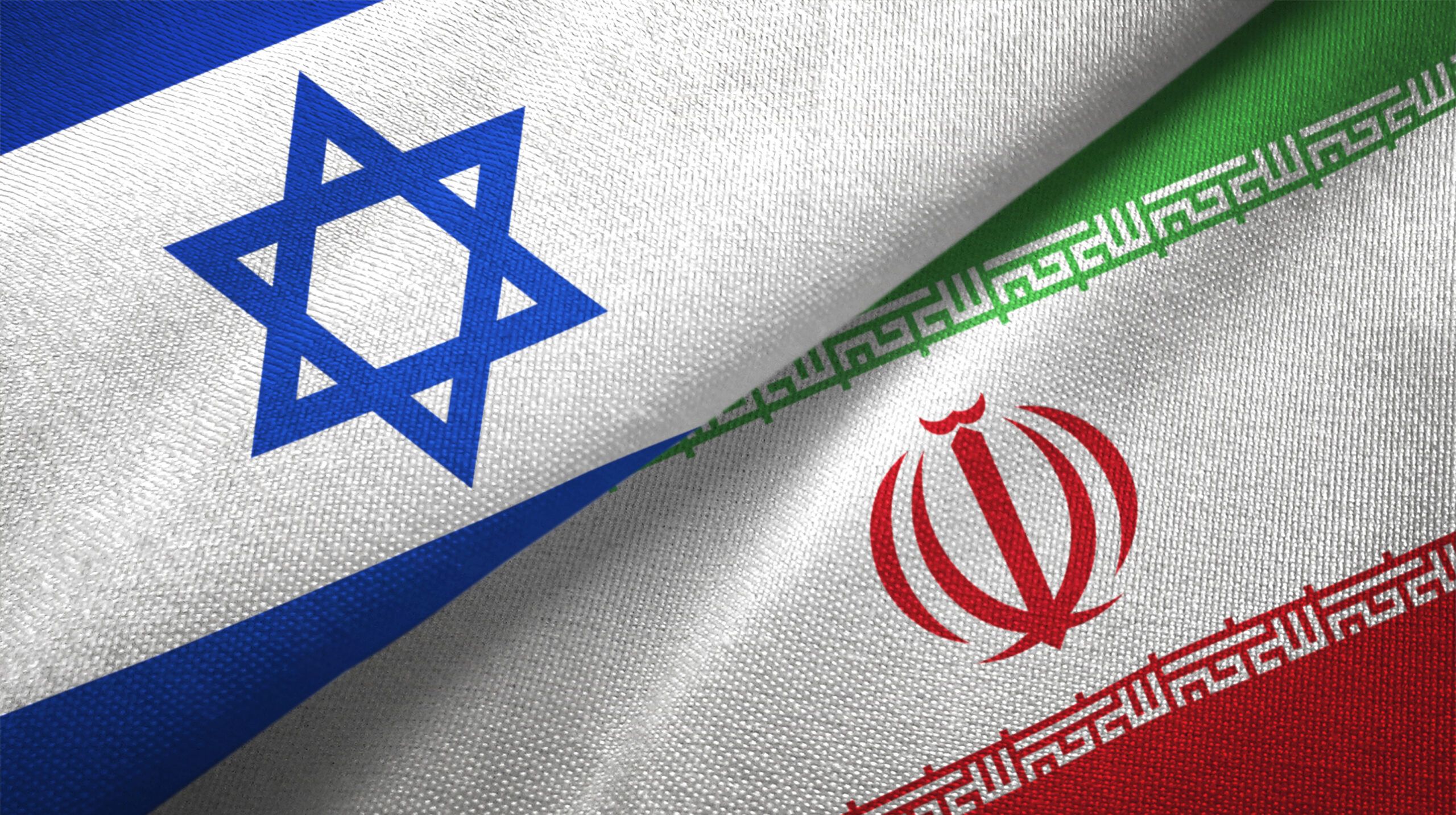European diplomats urge restraint amid intensifying Middle East tensions
Foreign ministers from the UK, Francey Germany held key talks with Iranian officials in Geneva this week, renewing calls for diplomacy amid escalating hostilities between Iran and Israel. The meeting, part of a revived “E3” format, signals Western interest in averting further violence.
In a joint statement, the ministers emphasized the importance of preventing actions that could worsen the situation and reiterated their goal of a negotiated agreement ensuring Iran never develops nuclear weapons. They also expressed openness to further talks.
UN and diplomatic channels reactivated
While the United Nations Security Council convened in New York to address the crisis, Iranian Foreign Minister Abbas Araghchi told the Human Rights Council that Tehran had been engaged in diplomacy before the outbreak of violence.
“We were planning promising negotiations with Washington,” he said, lamenting the disruption caused by recent military strikes.
Iran expressed frustration over continuing hostilities, rejecting calls to negotiate under current military pressure. European leaders maintained that dialogue remains essential.
Israel skeptical of new diplomatic efforts
Israel’s ambassador to the UN questioned the value of renewed negotiations, citing decades of failed diplomacy. Israeli leaders argue that only tangible steps to dismantle Iran’s nuclear capabilities will bring lasting security.
The U.S., while not officially involved in the Israeli strikes, has provided air defense support and is reportedly evaluating whether to intervene further. President Trump has given Iran a two-week window to deescalate, calling the current situation “difficult to stop.”
Concerns over Iran’s nuclear program remain
While Iran insists its nuclear program serves peaceful purposes, officials from the International Atomic Energy Agency (IAEA) confirmed uranium enrichment has reached levels close to weapons-grade. Experts warn the country may already possess enough enriched uranium for multiple bombs.
The Fordow nuclear site remains a point of contention. Built deep underground, it poses a significant challenge for conventional attacks. Israel has requested access to the U.S.-made GBU-57 bunker buster, but Washington has declined.
Civilian toll mounts amid ongoing strikes
The human cost of the conflict continues to rise. In the latest exchanges, Israeli strikes have reportedly killed hundreds in Iran, while Iranian missile attacks have hit medical y residential buildings in Israel, injuring dozens and killing several.
Despite these developments, international actors continue to call for calm. UN Secretary-General António Guterres warned of uncontrollable escalation if diplomacy fails.
“Let us act together to pull the region back from the brink,” Guterres urged, as discussions on potential solutions continue in both Geneva y New York.



